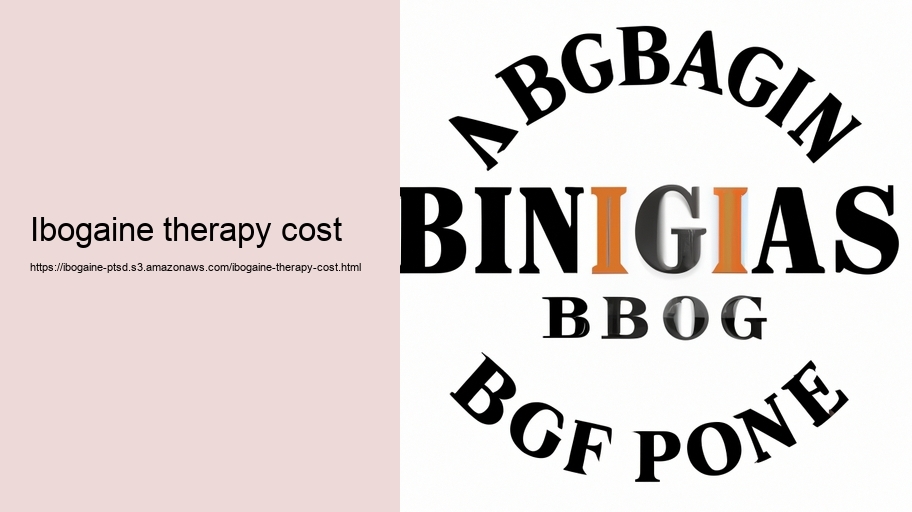Ibogaine therapy, an alternative treatment for addiction derived from the iboga plant native to West Africa, has garnered significant attention over the years for its potential to alleviate withdrawal symptoms and reduce drug cravings. This unconventional modality is not a universal remedy nor is it widely accepted in many countries due to legal restrictions and limited scientific research. However, individuals seeking respite from the clutches of substance dependency often find themselves considering ibogaine therapy as a last resort after traditional methods have failed.
The cost of ibogaine therapy can vary greatly depending on several factors including geographical location, facility reputation, length of stay, and included services. Generally speaking, one can expect the expense to range from a few thousand dollars to upwards of $20,000 USD.
Most ibogaine clinics are located outside of countries like the United States where regulatory hurdles make it illegal or difficult to administer. Mexico, Canada, and certain Caribbean nations have become hubs for these treatments where regulations may be more permissive. As such, travel costs need to be factored into overall expenses—flights, accommodations before and after treatment (if not included), and other incidentals can add up quickly.
A reputable clinic will offer medical supervision throughout the process. Ibogaine administration should always be preceded by thorough medical screenings to identify any underlying health conditions that could complicate treatment. Cardiac monitoring during the procedure is crucial because ibogine can induce arrhythmias or other cardiac issues in susceptible individuals.
The duration of one's stay at a therapeutic center varies; some programs require patients to remain onsite for observation post-treatment for up to several days or weeks. During this time, additional therapies—such as counseling sessions or wellness activities—may augment recovery efforts but also increase costs.
It's important to note that while some reports indicate positive outcomes with reduced withdrawal symptoms and diminished substance desires following an ibogain experience, there's no guarantee of success; relapse remains a possibility. Moreover, long-term studies on efficacy and safety are scarce.
In considering whether the high cost justifies potential benefits of ibogain therapy for addiction treatment—an equation involving not only financial investment but also substantial personal risk—it is essential that individuals do thorough research and consult healthcare professionals before proceeding with such an experimental approach.
Prospective clients must weigh their own circumstances against anecdotal testimonies and limited clinical data available while acknowledging that this path is far from conventional—and still controversial—in nature. The promise of relief from addiction through ibogain therapy carries both hope and considerable expense; it remains an option reserved for those willing and able to navigate its complexities both financially and medically.
